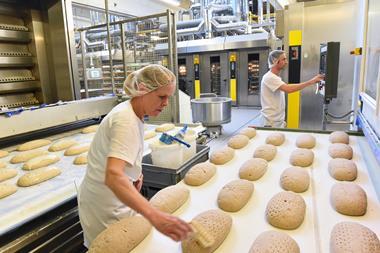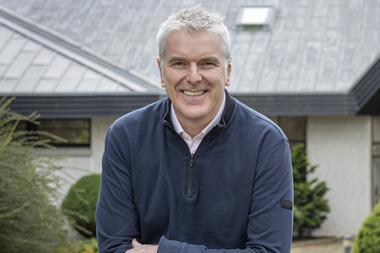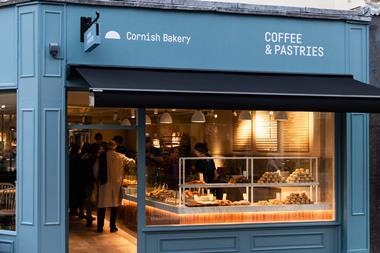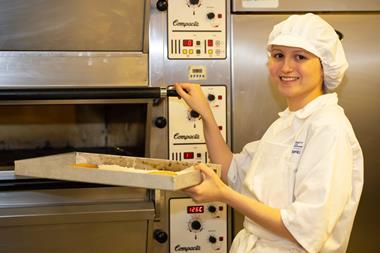Medical experts have been fiercely debating the £25m the NHS spends on prescription gluten-free food for coeliacs.
At a time when the NHS is facing financial and operational pressures, with nearly two-thirds of trusts in deficit, some professionals argue the £25.7m spent on prescription gluten-free goods cannot be justified.
But in an article published online by the British Medical Journal (BMJ) yesterday (10 January), Matthew Kurien, clinical lecturer in gastroenterology at the University of Sheffield; Sarah Sleet, chief executive of Coeliac UK; and David S Sanders, professor of gastroenterology at Sheffield’s Royal Hallamshire Hospital, contend the NHS should be spending this money – which is just 0.3% of the total NHS prescribing budget.
“Lifelong adherence to the gluten-free diet improves quality of life and reduces the risk of long-term complications such as osteoporosis, vitamin D deficiency, iron deficiency, and (rarely) malignancy”, they said.
“Adhering to this diet is challenging and some evidence suggests it may be improved by access to gluten-free foods on prescription.”
Offering a counter argument on the BMJ website, James Cave, a general practitioner (GP) from Newbury, said the outlay was unjustified: “In 2016, it is ludicrous for the NHS to be treating a food product as a drug and to require GPs and pharmacists to behave as grocers.
“The system is bureaucratic, inefficient, expensive, and completely hopeless for people with coeliac disease and their families.”
Currently, about 40% of clinical commissioning groups are restricting or removing gluten-free food prescriptions, but Scotland, Wales and Northern Ireland are not following suit.
Kurien, Sleet and Sanders said “grotesque” media distortions have portrayed the NHS as subsidising gluten-free junk food, “but general practitioners can prescribe only staple foods approved by the Advisory Committee on Borderline Substances as appropriate for the person’s age and sex.”
Cave said the provision of gluten-free foods on prescription is “a time-consuming rigamarole and, for the NHS, a very expensive one”.
He said a supermarket gluten-free loaf costs £2.70, yet the NHS listed price for the same loaf is £3.73. The NHS pays anything up to £6.73 for 500g of pasta, and yet 500g of gluten-free pasta will cost just £1.20 at a supermarket. This, he said, “is a scandal”.
He suggested a national voucher scheme or a personalised health budget could be provided to ensure patients received recompense for the extra expense of gluten-free products: “This could be funded from the money saved by no longer paying for overpriced NHS gluten-free food.”
When asked to respond to the article, Sleet told British Baker: “Nobody in this article is denying the need for support for people with coeliac disease in accessing staple gluten-free foods, such as breads and flours.
“…But we deeply object to healthcare commissioners who find it easier to cut services rather than put in place alternatives which will maintain some level of service to patients.
“Thankfully Dr Cave does not believe the patient should pay the price of poor procurement.”



































No comments yet